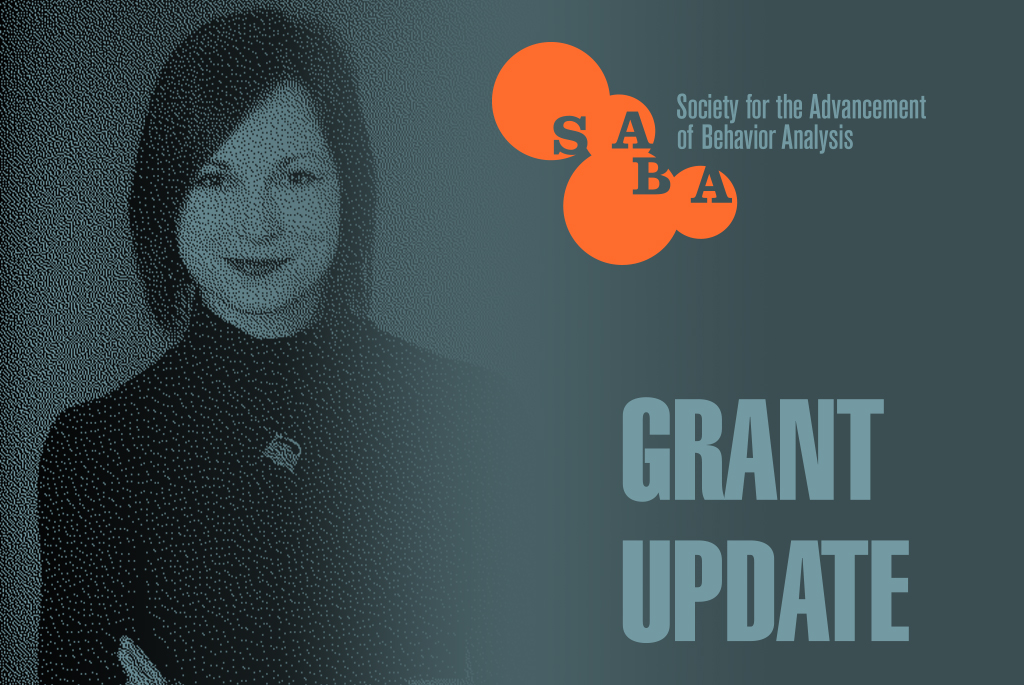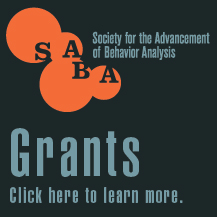Update: Dissemination of Behavior Analysis in Hungary

By Alexandra Herman, 2020 International Development Grant Grantee
Developing a National Organization for Applied Behavior Analysis: Legal Support
With the support of the International Development Grant, one of the most important steps in disseminating Behavior Analysis in Hungary has been achieved: the Hungarian Association for Applied Behavior Analysis (Magyar Alkalmazott Viselkedéselemzés Egyesület, MAVEE, www.mavee.hu) was officially approved by court on the 28th January, 2021.
With the support of a lawyer, the first application was submitted to authorities on the 9th September, 2020. This application was rejected, due to administrative mistakes. The second application with the corrected documents was submitted on the 12th January, 2021.
We were hoping that the initial application would be successful and that we could start working on the Association’s goals in 2020. Unfortunately, it took more than two months to receive the initial, rejective response from the authorities. However, we worked on other aspects of dissemination in the meantime, such as training therapists for our ABA therapy center, organizing workshops for parents and professionals and preparing the recruitment campaign for our VCS at Eötvös Loránd University.
Dissemination: Advertising Our VCS
The possible 2020 summer conference outlined in the original plan was not held due to the COVID situation. Now that the Association was successfully established, we are looking into organizing an online conference in the summer of 2021.
The first online campaign to advertise the VCS started in October 2020, targeting a 2021 February start. Due to administrative and communicative problems, the 2020 September start outlined in the original plan was delayed. A video was created by an acknowledged graphic artist about behavior analysis and the coursework that was shared on social media and the University’s platforms (https://www.youtube.com/watch?v=8jv-KXZQytM&t=5s&ab_channel=ELTEPPK). The video was uploaded on both the coursework’s and the University’s online platforms and had more than 1000 views altogether. A social media page was also created for the coursework (https://www.facebook.com/alkalmazottviselkedeselemzes).
Additionally, two online information events were held to provide possible applicants with information regarding the science and application of behavior analysis and the details about the coursework. The University shared the information and video about the course on their website, as well as in email and on social media platforms.
The first information event aiming for a 2021 February start was held on the 9th October. We had more than 100 applicants and 40 attendees for the online event.
A second online information event was held on the 10th December, 2020. More than 50 people signed up for the event and we had around 20 attendees. We had six valid applications for the course, but the University decided to delay the start again to see if we can recruit additional applicants for a possible 2021 October start.
Finances
The grant was spent according to the original plan:
- Lawyer’s fees: 120.000 HUF~$513. Amount paid for the first application: 09/10/2020: 120.000 HUF. Additional amount paid for the second application on 02/01/2021: 40.000 HUF.
- VCS media campaign: 140.000 HUF~$455 paid for creating the video
- 8946 HUF~$30 paid for social media advertisements
Difficulties and Future Plans
One of the most challenging aspects of this project was the level of bureaucracy in the Hungarian university and administrative system. Even though the VCS was accredited within the University’s system and the dean and professors supporting the project were aware of our plans with regards to starting the coursework as soon as possible, information was lost within the different departments, and the paperwork necessary for an October 2020 start was not submitted within their own system. This further delayed the implementation of the project. Having learnt from this unfortunate situation, we made sure that we communicate specifically our intention of trying to recruit participants in each semester.
Another difficulty with regards to the VCS is that ELTE only accept students with a BA in psychology for the course, however, based on the feedback during the online campaign, many special education teachers and teachers in general would be interested in applying for the VCS. However, we have six applicants from the last recruitment process, who are already accepted for the course. We will hopefully be able to recruit a few more people for an October 2021 start.
An unexpected difficulty was pushing through the application for the establishment of the Association through the Hungarian court system. The application that we submitted without support from a lawyer was already rejected once. With the support of the International Development Grant, we were able to submit the application again through a lawyer with significant experience in working with non-profit organizations. The second refusal of the application was unexpected for both the lawyer and ourselves. The COVID situation making administration processes and postal services even slower than usual presented us with further challenges. The motivation and support of the funding members of the Association in submitting the necessary paperwork as quickly as possible helped us to overcome these challenges.
Through the newly established Association, we will be focusing on organizing a conference to disseminate behavior analysis and to share information about the course sequence in the summer of 2021. We will also be looking into the possibility of other universities hosting a behavior analytic course sequence. We would certainly be more successful with the recruitment process at a university that would allow people with other educational background to apply for the course.
One of our projects for the first year of the Association will be recruiting as many members as possible through free online events to disseminate our science and practices. We will be aiming to reach both professionals and service users.
We also started to work on translating behavior-analytic literature into Hungarian. We are very excited about being able to share the outcome of the first project of the Association: the translation of behavior-analytic terms into Hungarian is now free to download from the Association’s website (https://files.vlastnawebstranka.websupport.sk/64/38/643855fa-6313-4945-8bc0-e0b0ac23bb8e.pdf). This was achieved through successful collaboration of Hungarian BCBAs and ABA practitioners both living in the home country and abroad.
Learn more about Alexandra Herman and her project.



